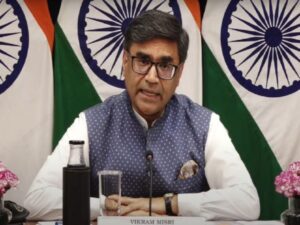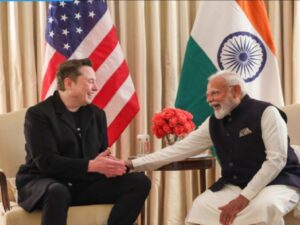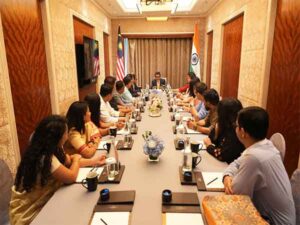Tehreek-i-Taliban Pakistan seeks to merge with Al Qaeda for bigger influence
Islamabad [Pakistan], July 29 (ANI): According to a report submitted to the United Nations Security Council (UNSC), banned outfit Tehreek-i-Taliban Pakistan (TTP) might seek a merger with Al Qaeda to create an umbrella organisation that incorporates all militant groups operating in South Asia, reported Dawn.
“Some UN member states registered concern that TTP might provide an umbrella under which a range of foreign groups operate, or even coalesce, avoiding attempts at control by the Taliban,” the report said.
The report, compiled by a UN committee that monitors terrorist activities across the globe, endorsed Pakistan’s complaint that the banned TTP has increased its influence in Afghanistan since the Taliban takeover, the Pakistan media outlet reported.
The report further warned, “One member state noted the possibility of Al Qaeda and TTP merging. It assessed Al Qaeda to be providing guidance to TTP for conducting increased attacks within Pakistan.”
However, Kabul rejected UNSC report claiming Al Qaeda’s presence in Afghanistan. According to the document, training camps run by various terrorist groups in Afghanistan’s Kunar province are being used by fighters of the banned TTP as well.
“Since the reunification with several splinter groups, and emboldened by the Taliban take over in Afghanistan, TTP has aspired to re-establish control of territory in Pakistan.,” the report added.
The report further said that the TTP does not control territory. “TTP capability is assessed as not matching its ambition, given that it does not control territory and lacks popular appeal in the tribal areas,” the report said.
The UN committee reported that in June, certain elements of the banned TTP were relocated away from the border area, as part of the Taliban’s efforts to rein in the group under pressure from the government of Pakistan, reported Dawn.
Furthermore, the UN committee submitted its report to the Security Council on July 25, highlighting how the banned TTP was gaining momentum in Afghanistan since the Afghan Taliban took control in August 2021.
It also emphasized on how other terrorist groups were using the TTP cover to operate in the war-torn country., reported Dawn.
“The distinctions between members of Al Qaeda and affiliated groups, including TTP, and [IS-K] are at times blurred at the edges, with individuals sometimes identifying with more than one group and a tendency for people to gravitate towards the dominant or ascending power,” the report noted.
The report added, “There is growing reporting that other sanctioned terrorist groups are using support to TTP as a means to evade control by the Afghan Taliban.”
According to Dawn, the UN committee noted that relationship between the Taliban and Al Qaeda remains close and symbiotic. Mostly, Al Qaeda “operates covertly in Afghanistan to help promote the narrative that the Taliban comply with agreements not to use Afghan soil for terrorist purposes.”
Under the patronage of high-ranking officials of the de facto Taliban authorities, “Al Qaeda members infiltrate law enforcement agencies and public administration bodies, ensuring the security of Al Qaeda cells dispersed throughout the country”.






